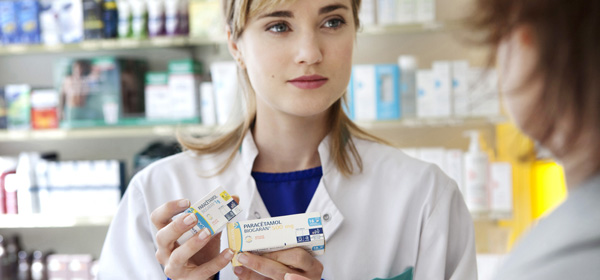More often than not, when filing a prescription, you’ll be asked if you’d prefer the branded medicine or the generic option. But besides price, are you actually aware of the differences between these two alternatives?
A generic drug is a copy of a branded medication, with the exact same dosage of active ingredients. Its strength, intended use, side effects, risks and the way it is taken are also identical. Generics can only be sold if the manufacturer has proven that its product produces the same drug concentration in the blood as the original medication. This means that generic medications are just as effective as the branded equivalent.
Generics can only be produced when the patent for that specific drug has expired. Because the active ingredients in generic drugs have to be exactly the same, most people won’t notice a difference between branded medication and generic versions.
The main differences between branded and generic drugs are the cost and the inactive ingredients. Generics usually cost less than branded medications, so for pensioners, this makes them a better option. Companies that manufacture generic medications do not have to pay the enormous costs associated with researching, developing and advertising the drug, so they can afford to offer consumers a lower price. The other factor affecting the cost of prescription medications is the level of demand. Not all branded drugs have a generic alternative and, in some cases, where only one generic exists, it may actually be priced higher the original brand drug.
The second major difference between generic and branded options is the inactive ingredients in the medication. Inactive ingredients are those that are not involved in the therapeutic action of the drug, such as binding components or coatings. Manufacturers of generic drugs are not required to use the same inactive ingredients as the branded version, so this is where variations occur. For most of us, this shouldn’t be a problem. However, if you have allergies, you may want to check exactly what the generic medication contains before opting for the cheaper alternative.
There are other situations when you should probably choose the branded medication. Some medications have a much smaller margin between the therapeutic drug concentration in the blood and an ineffective or potentially dangerous level. You should speak to your GP before considering swapping to generic medications for seizures, thyroid hormones, blood thinning (warfarin) and lithium.
Generally speaking, generic medications are appealing because of their lower price point and the fact that they’re just as effective as the branded drug. But there are some instances in which it may be safer to stick to the branded option – if the generic version is not actually cheaper, if you’re allergic to any of the inactive ingredients in the generic, or if it’s a ‘trickier’ medication (such as those mentioned above). It is important to always check with your pharmacist about whether the branded option might be safer for you.
Related articles:
Checking medicines interactions
How to avoid medicine mistakes

